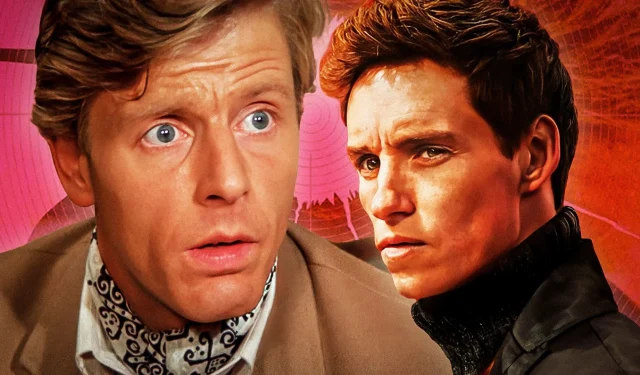
Warning! This article contains spoilers for The Day of the Jackal.
The new TV series The Day of the Jackal (2024) draws inspiration from Frederick Forsyth’s 1971 novel, yet it distinguishes itself with numerous deviations from both the original narrative and the notable 1973 film adaptation. Featuring Eddie Redmayne in the titular role, this latest interpretation introduces viewers to a modern master assassin who carries out high-stakes contract killings for private clients, while simultaneously reworking key elements of the story.
This television adaptation isn’t the first to veer off from its source material; the 1973 film also made significant alterations. While it strived to closely mirror Forsyth’s vision, the 2024 series seeks to contemporize and expand upon the foundational themes established in the original text.
8 Modernizing the Narrative
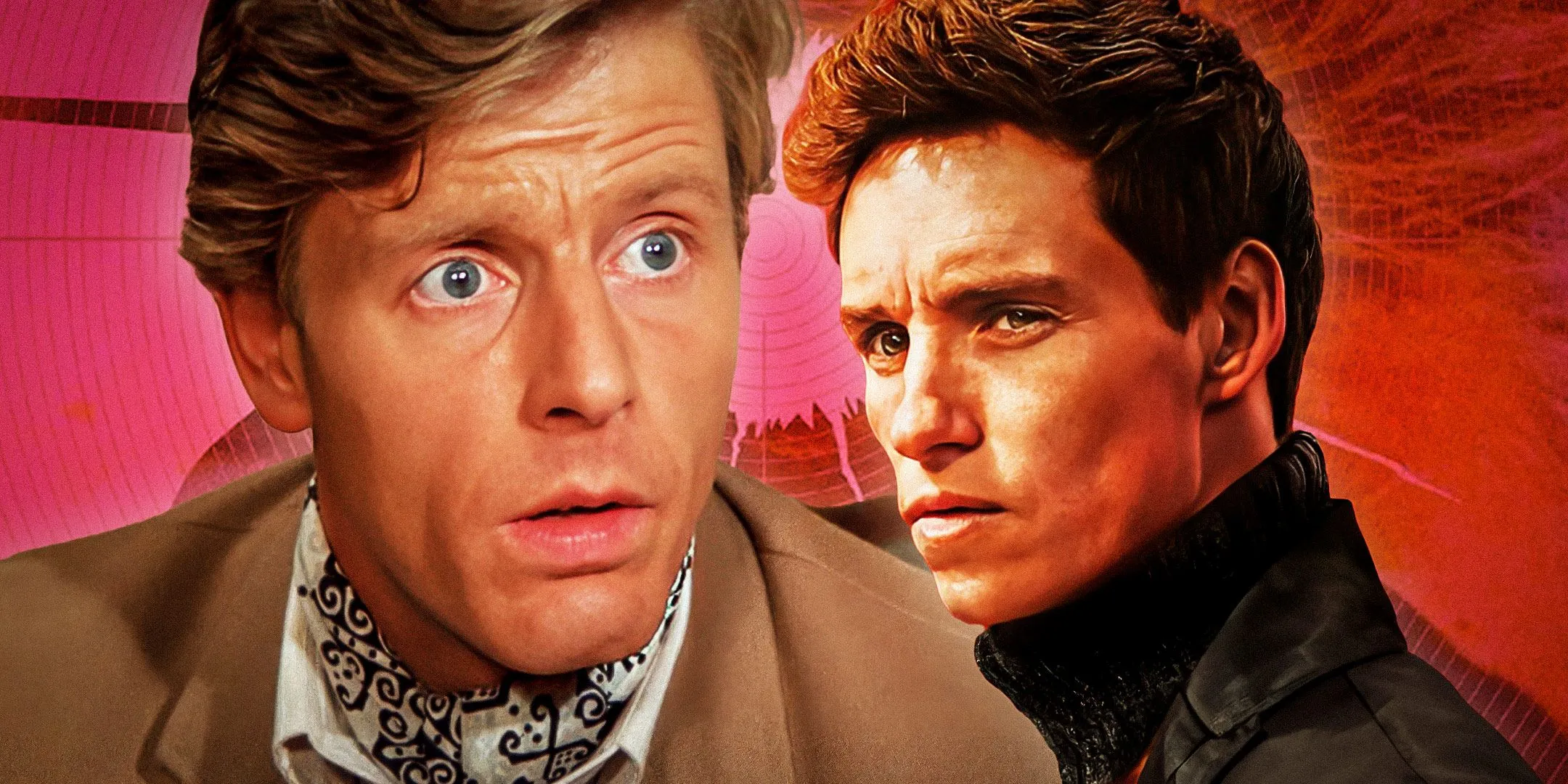
The 2024 series repositions the plot in today’s world, offering a stark contrast to the historical backdrop of the novel, which focused on the 1962 assassination attempt on Charles de Gaulle. The original story unfolds in a pre-digital era, making the extensive use of modern technology in the series particularly striking. The Jackal now communicates with clients via encrypted chatrooms, utilizes advanced technology for reconnaissance, and even benefits from 3D-printed weaponry, showcasing a significant evolution in tactics and setting.
Furthermore, rather than targeting a political figure, the Jackal pursues a tech billionaire intent on launching a transparency initiative—a move that threatens the interests of the ultra-wealthy. This shift toward a contemporary antagonist aligns the narrative with modern concerns around wealth and accountability.
7 From Politician to Tech Billionaire
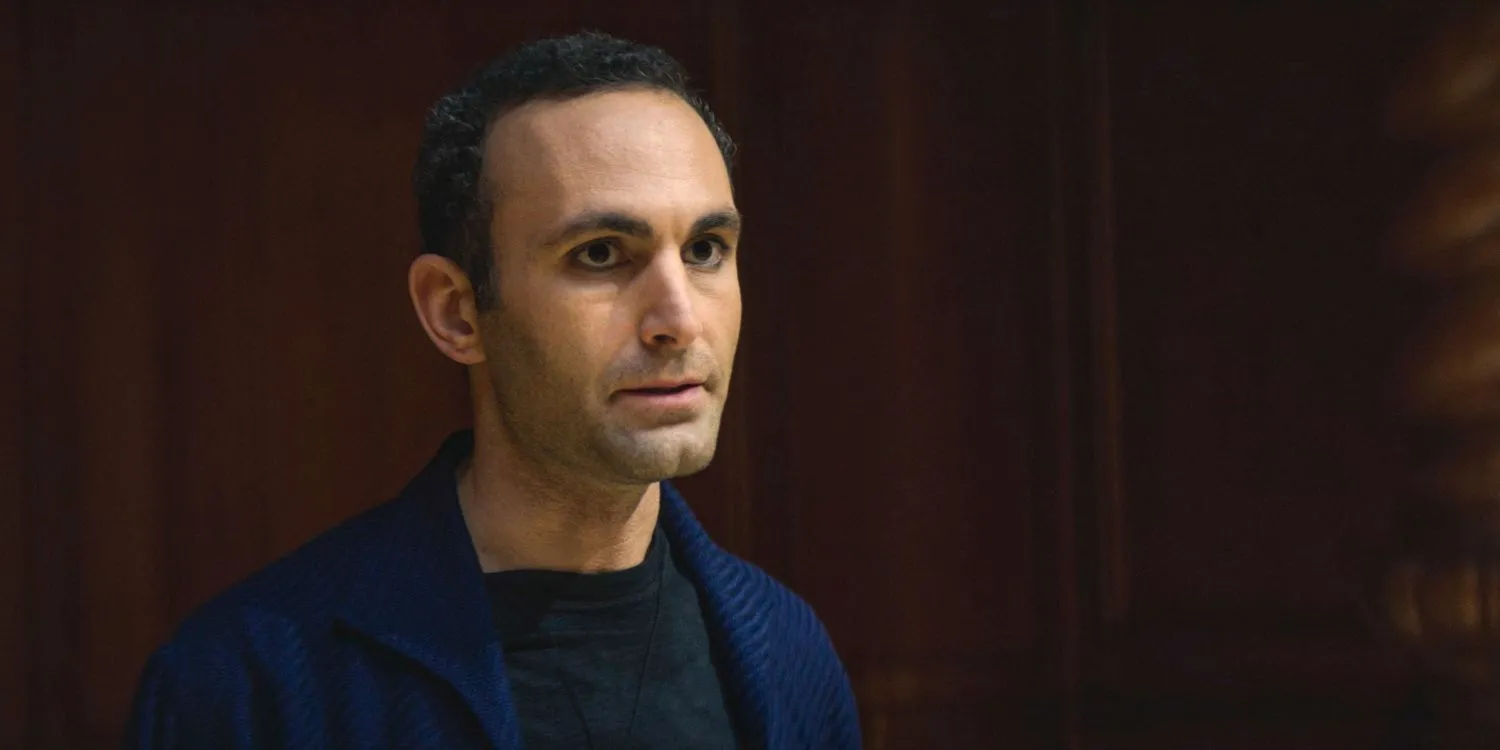
In the original narrative, the Jackal’s target was none other than Charles de Gaulle, the sitting president of France—a high-profile assignment that emphasized the thriller’s political nature. Yet, in the 2024 adaptation, this focus has shifted to Ulle Dag Charles (UDC), a fictional tech mogul who has developed software designed to illuminate financial transactions. This change not only modernizes the threat but also highlights societal issues regarding wealth disparity and transparency, again reflecting contemporary priorities.
6 Introducing Bianca Pullman
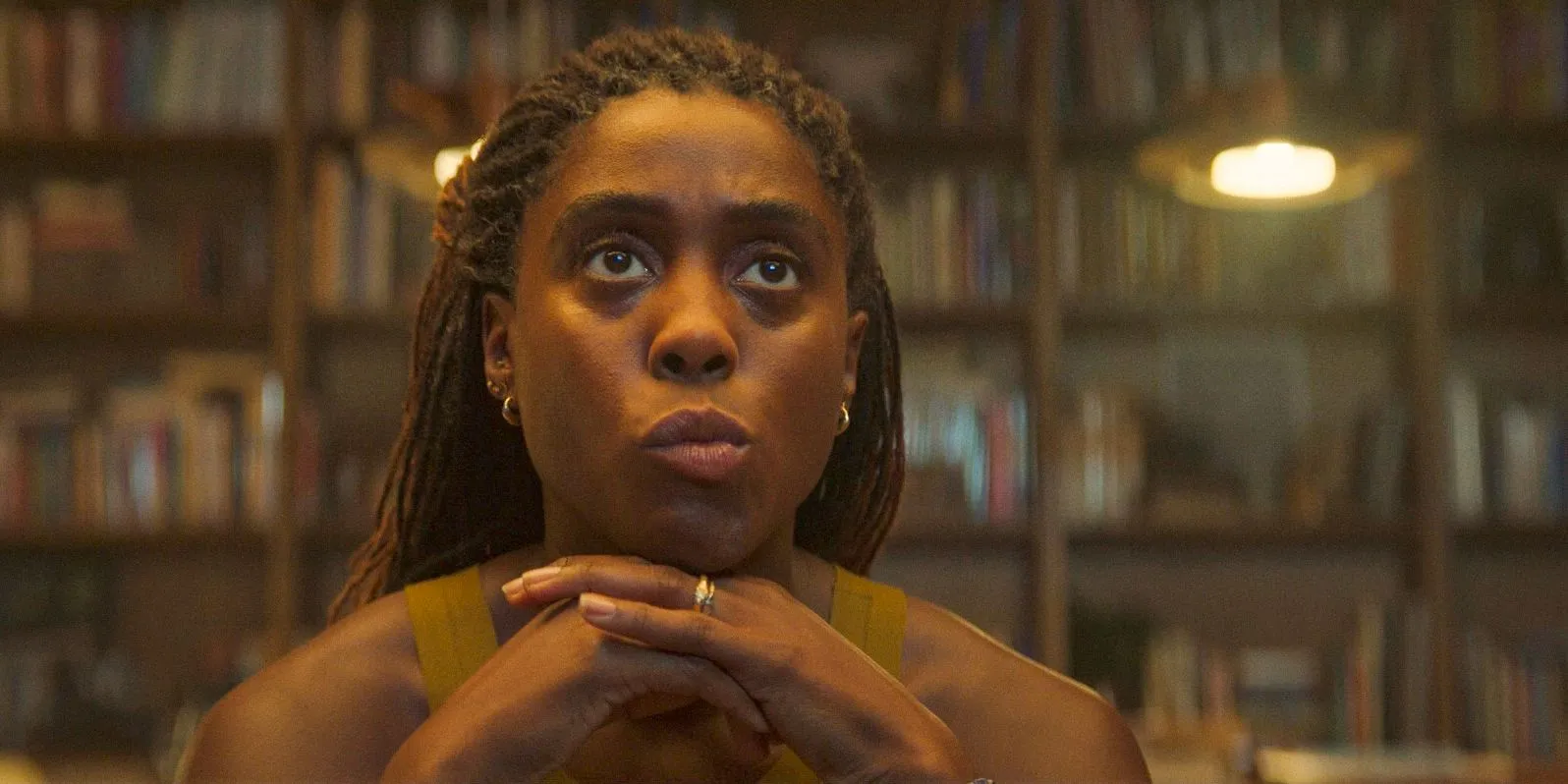
The character of Bianca Pullman, portrayed by Lashana Lynch, is a notable addition to the storyline, representing MI6’s efforts to capture the Jackal. Unlike the source material, where the focus was on a French detective, this series showcases Pullman’s relentless pursuit, utilizing her intelligence and networking skills to uncover the Jackal’s identity and intentions.
5 The Jackal’s Double Life
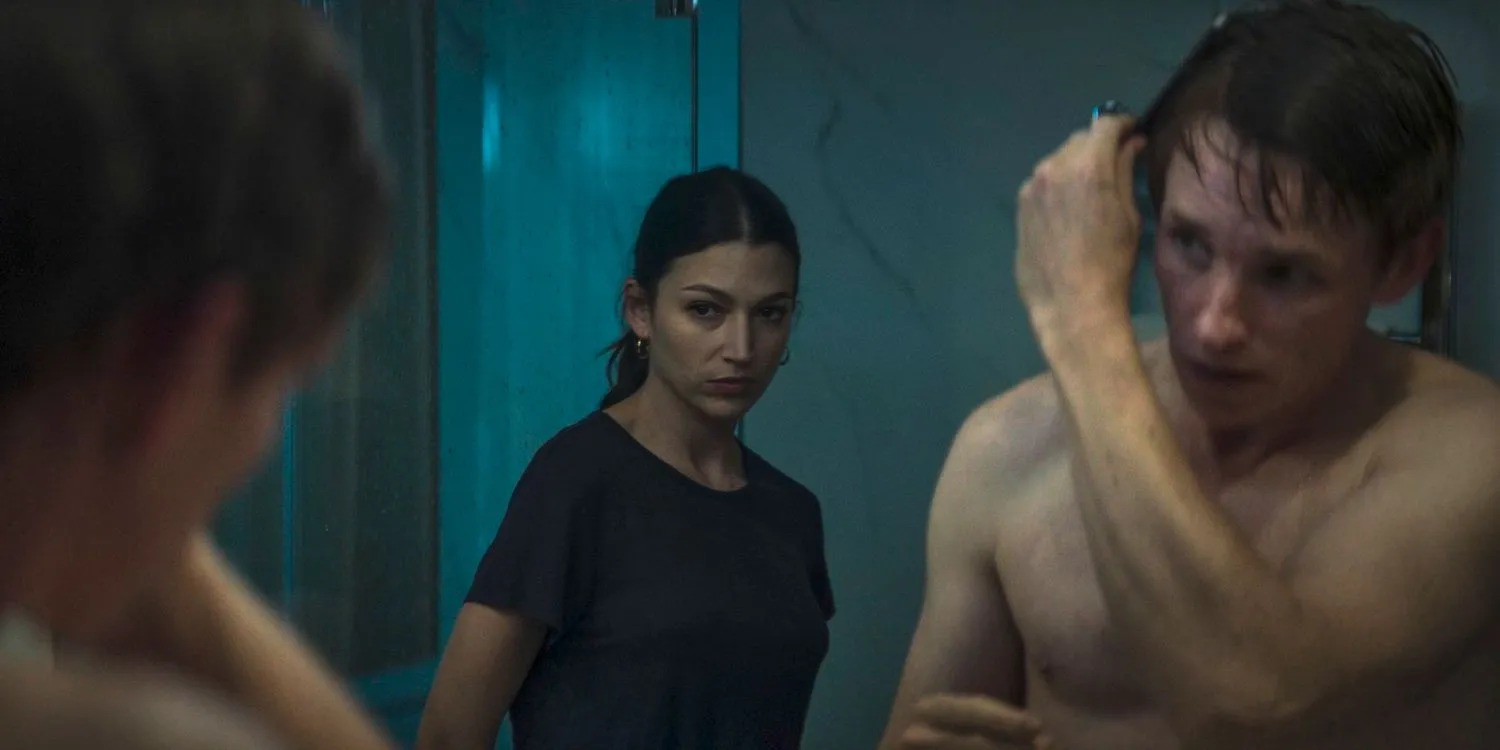
In stark contrast to the original portrayal, the series presents the Jackal as a family man named Charles Calthorp, living in Cadiz with a wife and child. This dimension adds depth and complexity to his character, as he juggles the dual lives of a loving father and a deadly assassin. The implications of this double life highlight the psychological toll such a profession takes on personal relationships.
4 Shades of Morality
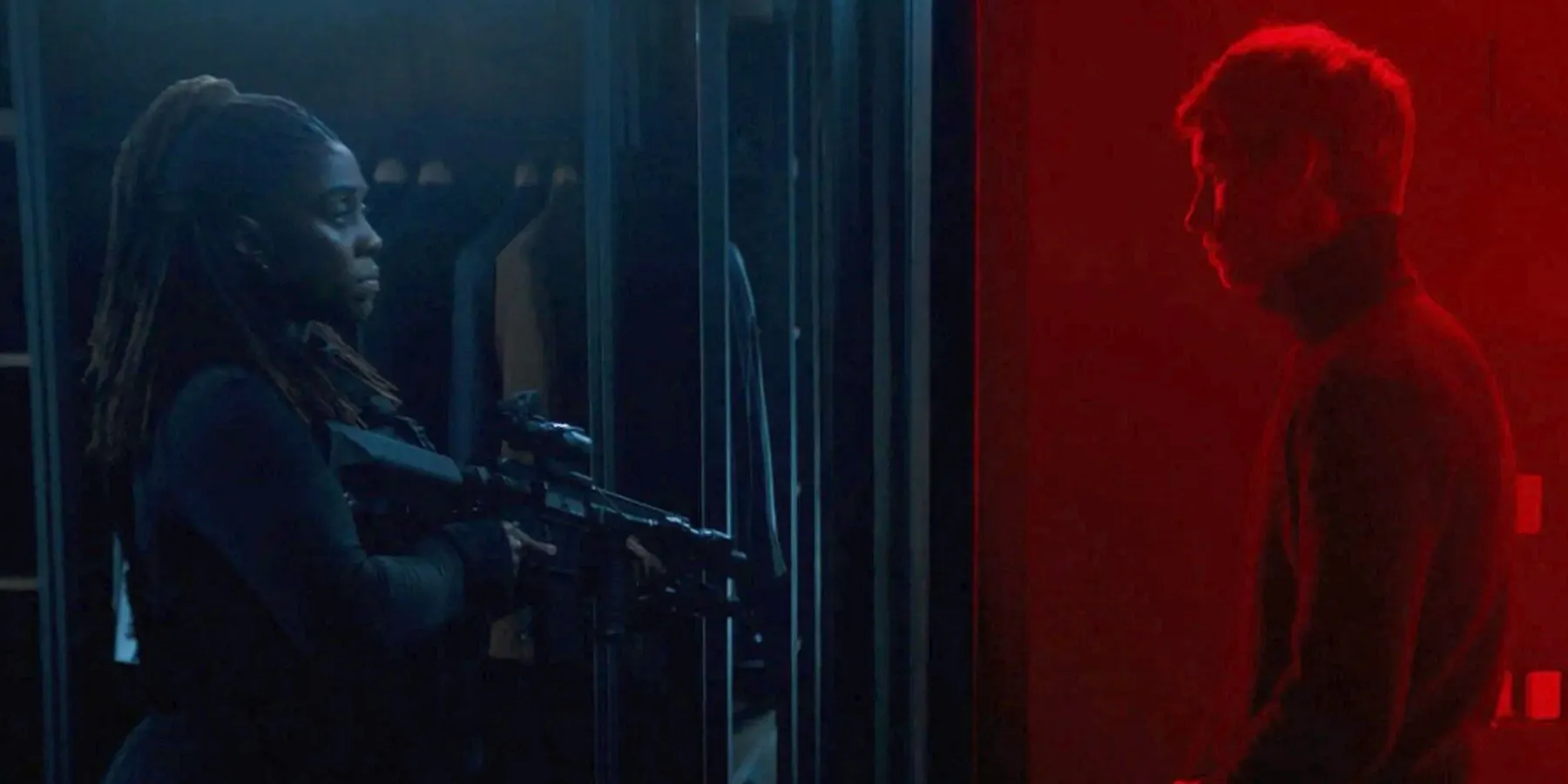
While the Jackal in Forsyth’s narrative is primarily perceived as a villain, the series complicates this by presenting him as a sympathetic figure—a loving family man caught in a web of greed and moral compromise. Meanwhile, characters like Bianca Pullman become increasingly ambiguous, suggesting that her zealous pursuit of justice leads to collateral damage, thus raising questions about the true cost of her convictions.
3 Master of Disguise
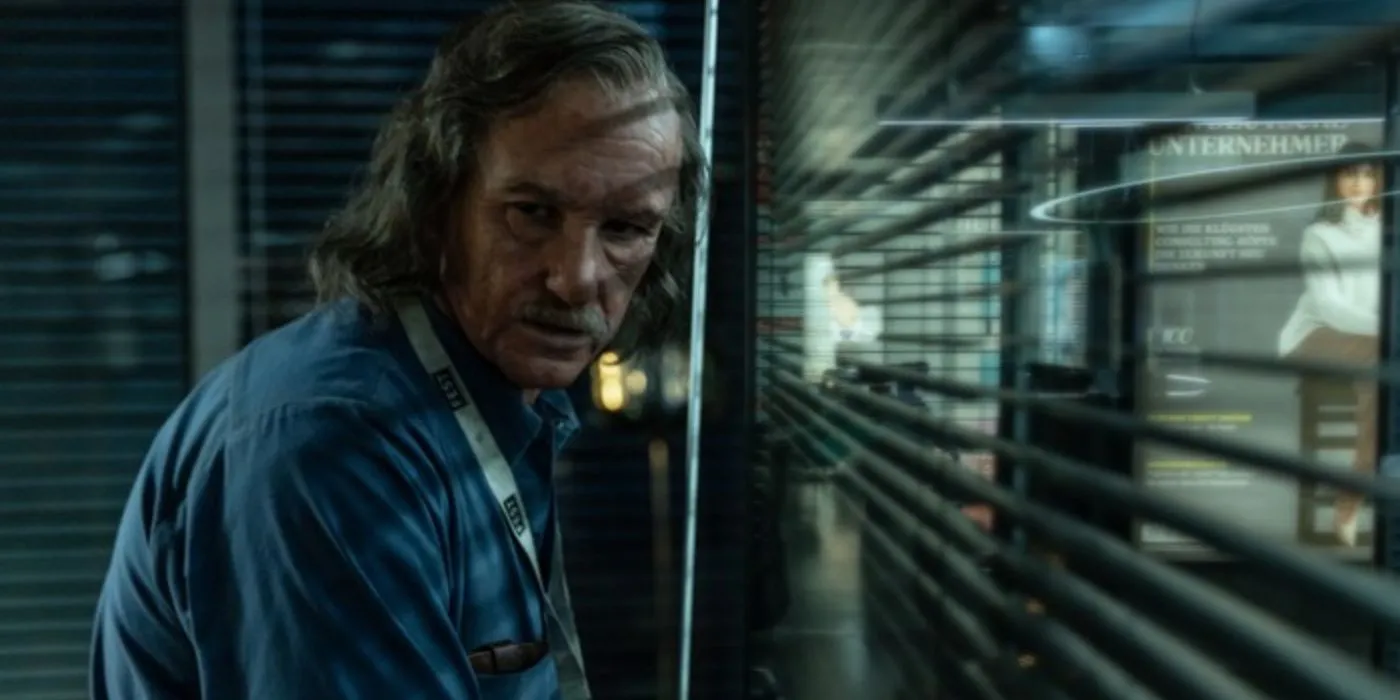
The original film relied on subtle changes to the Jackal’s appearance, primarily using an alias. In contrast, the 2024 adaptation showcases dramatic physical transformations, incorporating advanced prosthetics and elaborate disguises. Redmayne’s performance in navigating these various personas adds a captivating layer to the show, enhancing the suspense and intrigue surrounding the character.
2 Elite Employers
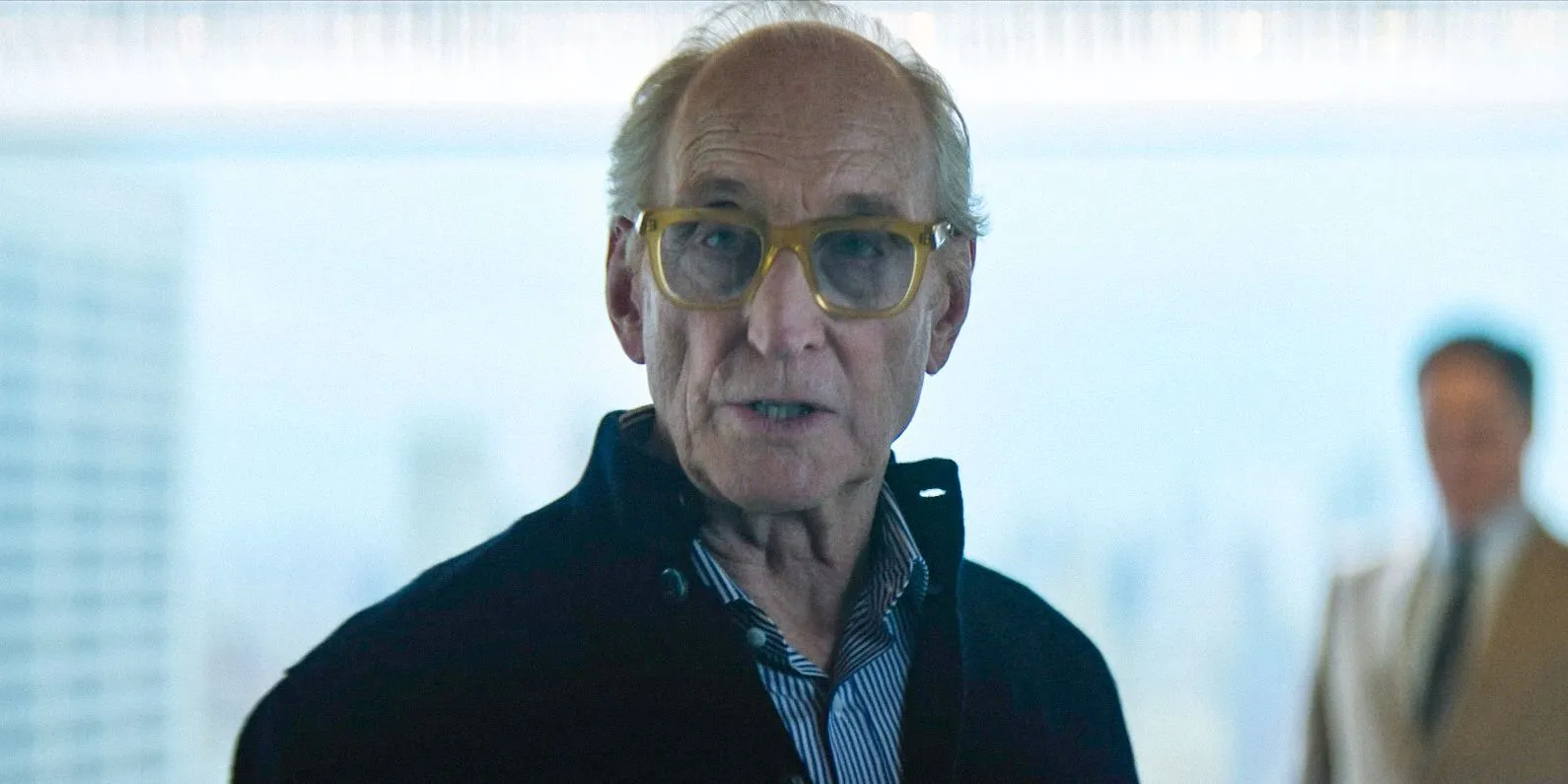
In the classic narrative, the Jackal was contracted by the OAS, a radical right faction bent on de Gaulle’s assassination. However, the recent adaptation introduces a cadre of wealthy business executives who, from their lofty offices, orchestrate the contract killings. Despite presenting themselves as legitimate entrepreneurs, their moral corruption provides a striking parallel to extremist groups, revealing the undertones of influence and power in contemporary society.
1 Altered Endings
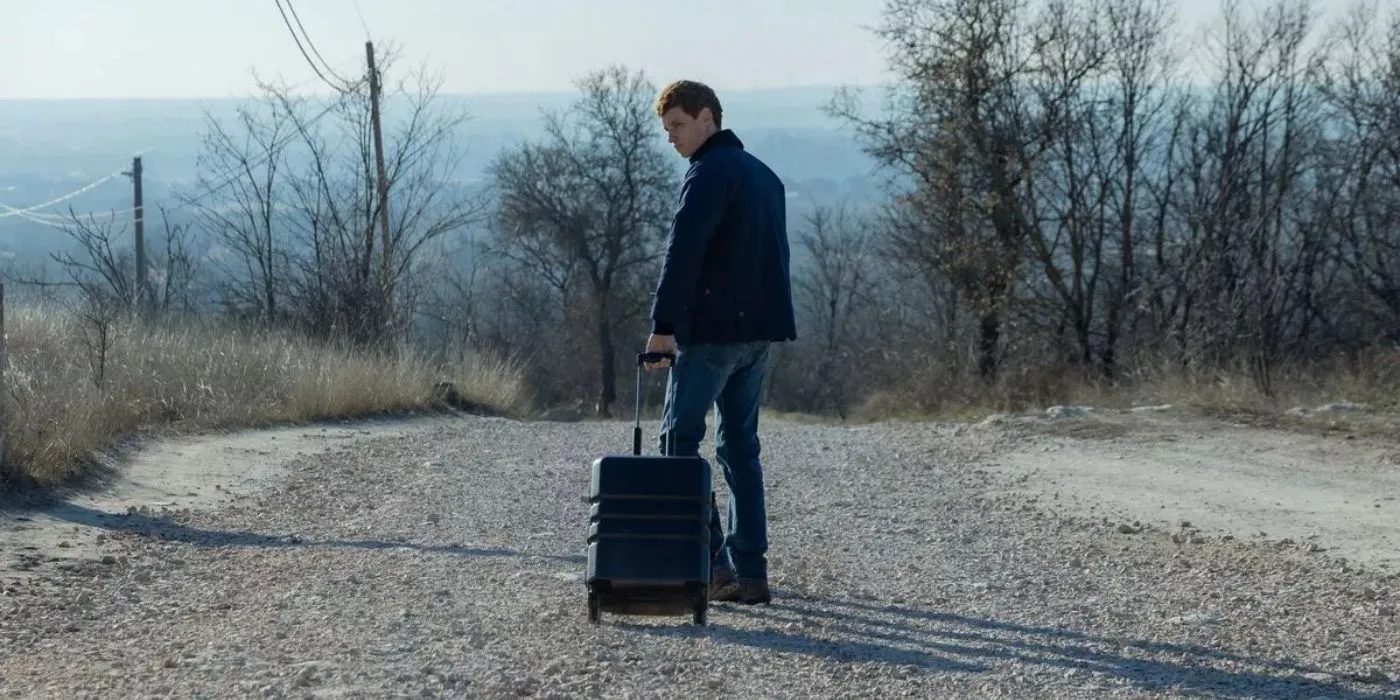
The conclusion of the 1973 film sees the Jackal narrowly miss his assassination attempt on de Gaulle, culminating in his demise at the hands of Detective Lebel. In a stark contrast, the series allows the Jackal to succeed in his mission against UDC, ultimately leaving Bianca Pullman to grapple with the aftermath. Ensuing events weave a tense final confrontation, marked by a tragic twist that underlines the high stakes of their respective battles.




Leave a Reply